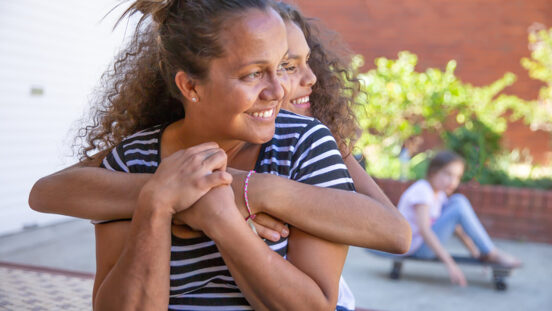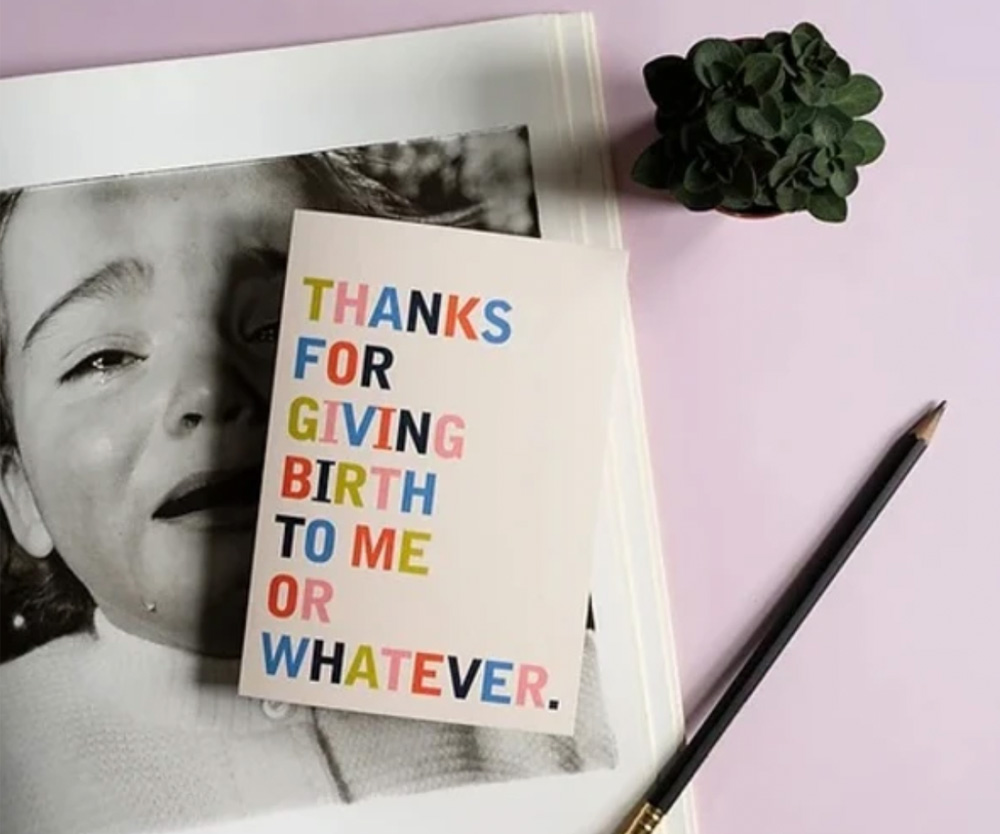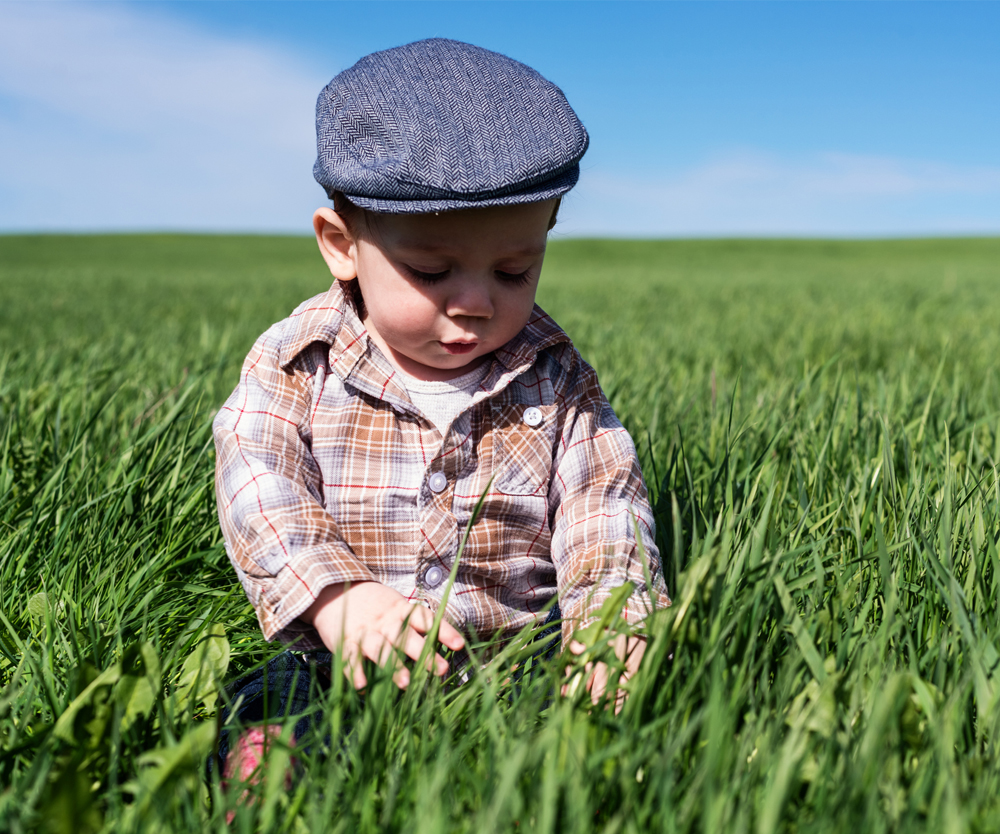A child’s mental health is as important as physical health: How parents can emotionally support their kids
50% of all mental health conditions emerge by the age of 14.
Putting children and mental health in the same sentence can be really confronting for some people. While it can be difficult to acknowledge, we cannot ignore the evidence.
50% of all mental health conditions emerge by the age of 14.
Caregivers need to look after children’s mental health in the same way and with the same urgency as their physical health.
Evidence shows that children who experience Adverse Childhood Experiences (ACEs) such as physical and emotional abuse, neglect, caregiver mental illness and domestic violence are at greater risk of mental health conditions, dependency on drugs and alcohol as well as suicide.
When a child experiences multiple ACEs over time, these experiences can trigger a long-lasting stress response which can affect their developing brain structure and function which can lead to disruptive behaviour, poor impulse control and relationship insecurity.
The more ACEs a child experiences, the more significant their risk in developing issues in later life.
1 in 5 Australian Children have been exposed to three or more ACEs.

Caregivers need to look after children’s mental health in the same way and with the same urgency as their physical health.
For young children with limited language skills and vocabulary and children that have been impacted by trauma who may be unable to put thoughts into speech, expression through art, music drama or play, empowers them to express themselves in a way that feels safe.
Margo Ward CEO and Founder of KidsXpress says there is now increased acceptance and evidence around early intervention support and the significant impact this can have on the future of a child.
“Over the past 15 years, KidXpress has supported over 4000 children many of whom have come with the belief that life isn’t worth living or that it’s just too hard to handle alone. I have seen first-hand that the right support at the right time can transform a child’s life and allow them to have the future they deserve.”

Early intervention support can have a significant impact on the future of a child who has experienced dverse Childhood Experiences (ACEs).
KidsXpress tips for supporting your children’s mental health
Help your child express themselves
Notice, acknowledge and invite your child to express how they’re feeling.
You can do this:
-
- Verbally – by encouraging your child to use “I” statements like “I feel….”.
- Visually – by inviting your child to paint, draw or select an object that represents how they’re feeling
- Musically – by using homemade or real instruments to create a rhythm, melody or song to express their emotions.
- With props such as fabric, scarves or hats to further encourage expression through dance and movement.

Encourage your child to express how they are feeling.
Create small moments of spaciousness and stillness
Throughout the day encourage your child to notice what feelings or sensations are present in their body. The following grounding techniques are powerful tools to help children connect to the here and now and to interrupt spiralling worries.
-
- Invite your child to tune in to their senses. Ask your child to name 5 things they can see, 4 things they can hear, 3 things they can touch, 2 things they can smell and 1 thing they can taste.
- Gaze at the stars and moon in the night sky, feel the breeze or warm sunshine during the day.
- Encourage your child to connect with their body by hugging a favourite toy or giving themself a self-hug.
Creating a calm space
We often have to meet children at their energy level. Try weaving consistent, rhythmic, repetitive activities into your child’s day such as jumping on the trampoline, swinging on a swing, kicking a soccer ball back and forth or dancing.
You can also create a calm and relaxed space where they can choose to go as a positive experience and not a punishment. Give them soft pillows and blankets to make it comfortable. Having their own little zone in the world helps provide children with a quiet place for self-regulation while also acting as a blank canvas for their imagination to take flight.
Be present
Being truly present with someone without any agenda is the foundation of safety and healing. Where you can, quiet the noise around you. Turn off the TV and put away your phone. With an open curiosity sit with your child, notice them and listen to them, even when they’re silent. Our time is one of the most precious gifts we can give to children.




